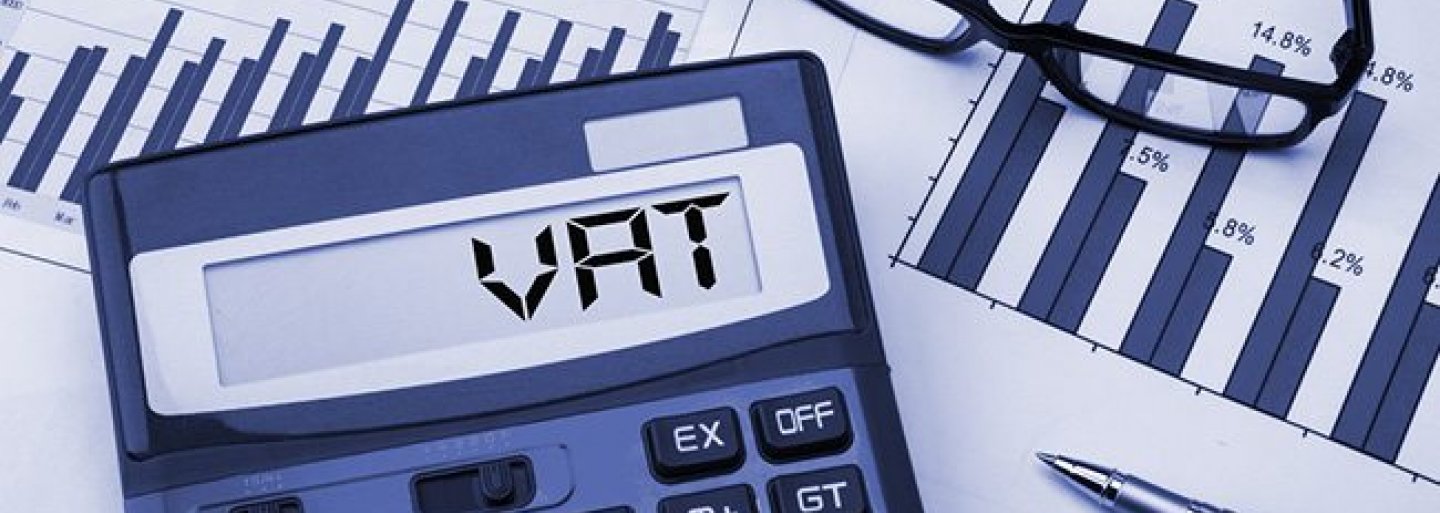
It has been clear for some time that Hungary is in breach of EU law by not allowing the refunding of VAT on bad debts. The fact that cases of Hungarian taxpayers have now been brought before the European Court of Justice (ECJ) has forced Hungarian lawmakers to move on the issue. While the package of tax amendments submitted last week provides an opportunity to reclaim such VAT, in certain cases – due to the planned administrative restrictions – it will still only be possible to enjoy this right with reference to EU law.

En garde!
It was in the case of the Italian Enzo di Maura that the ECJ first clearly declared that member states must refund the VAT if the consideration requested in a transaction becomes definitively irrecoverable. This decision was in direct contradiction to the viewpoint of the Hungarian authorities and courts, according to which member states had a choice in this regard. For this reason, several companies have taken up the challenge to ultimately prove their case in court and, if necessary, force the refund of VAT on their irrecoverable debt with the involvement of the ECJ.
Parry
The “spring” tax amendment package put forward by the government last week seems to suggest that Hungarian lawmakers have decided to prevent an attack. Under the proposal, the Parliament would regulate the issue by including the possibility of a refund in the VAT Act.
If the amendment is approved, that would certainly settle an old and major “debt” in the legislation. The fact that Hungarian suppliers cannot get reimbursed VAT on their sales even if their customers fail to pay it has long been an unfortunate situation. This has often prompted companies to resort to strange and not quite lawful solutions, such as cancelling their invoices on genuine, executed sales just to avoid having to pay VAT that will never be refunded.
The proposal now being tabled would bring about a radical change in this. It would allow bona fide suppliers to reclaim the VAT on their irrecoverable debts if certain formal and administrative conditions are met. If it is approved by the Parliament, companies would be able to reclaim VAT with reference to the new regulation from 1 January 2020.
Touché?
At the same time, the planned regulation is not without its pitfalls. On the one hand, a refund will have many administrative conditions that could make it rather difficult to actually reclaim VAT. Moreover, under the proposal, only VAT on sales made in 2016 or later will be refundable. This means that it will not be possible to reclaim VAT on a big volume of such transactions that have not yet lapsed, which would also appear to be a questionable restriction. Therefore, those whose claims date from earlier, or who are for other reasons unable or unwilling to meet the administrative conditions that are now being introduced, may still want to consider initiating a refund directly based on EU law.




